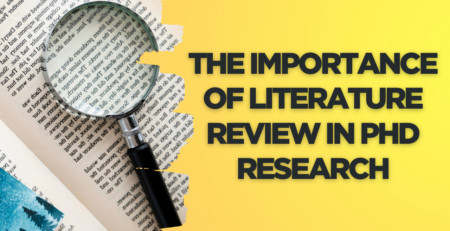Panel to ensure research is free from plagiarism at LU
Kenfra Research2023-09-11T15:51:41+05:30Panel to ensure research is free from plagiarism at LU
To ensure research is free from plagiarism at Lucknow University or any other academic institution, a dedicated panel or committee can be established with the aim of upholding academic integrity and promoting original research.
- Formation and Composition: The university administration should appoint the members of the panel, which should include experienced faculty members, researchers, academic administrators, and experts in various fields. The panel can be interdisciplinary to cover a wide range of research areas.
- Expertise and Training: Panel members should receive training on plagiarism detection techniques, research ethics, and best practices in academic integrity. Keeping them updated on the latest developments in plagiarism detection software and methodologies is crucial.
Develop Plagiarism Guidelines: The panel should work to create clear and comprehensive guidelines on what constitutes plagiarism, including different forms of plagiarism such as direct copying, paraphrasing without proper attribution, and self-plagiarism. These guidelines should be accessible to all members of the university community.
Plagiarism Detection Software: Lucknow University can invest in reputable plagiarism detection software or obtain licenses for such tools. These tools can help identify potential instances of plagiarism in research papers, theses, and dissertations.
Mandatory Plagiarism Check: Make it mandatory for all students, researchers, and faculty to submit their work through the plagiarism detection software before the final submission. This process will ensure that all research goes through a thorough plagiarism check.
Consistent Enforcement: The panel should ensure that the plagiarism guidelines are consistently enforced across all departments and research areas. Penalties for plagiarism should be clearly defined and adhere to the university’s academic integrity policy.
Educational Initiatives: Conduct workshops, seminars, and training sessions for students and faculty members on the importance of academic integrity and how to avoid plagiarism. Educating the university community about proper citation practices and research ethics can help prevent unintentional plagiarism.
Regular Audits: Conduct regular audits of research works to ensure compliance with the plagiarism policy. This can involve random checks or targeted investigations of high-risk areas.
Handling Plagiarism Cases: If plagiarism is detected, the panel should investigate each case thoroughly and fairly. Appropriate actions may include providing guidance, issuing warnings, imposing penalties, or following other disciplinary measures, as per the severity of the offense.
Promote a Culture of Integrity: Encourage open dialogue and create an environment where students and researchers feel comfortable reporting suspected cases of plagiarism and academic misconduct. Fostering a culture of academic honesty and integrity is essential to prevent plagiarism.
By implementing a well-structured panel and comprehensive measures to detect and address plagiarism, Lucknow University can ensure the quality and originality of research conducted within its academic community.

Panel to ensure research is free from plagiarism at LU
The current status or policies of Lucknow University regarding plagiarism.
However, I can give you some general information about plagiarism in academic institutions. Plagiarism is a serious offense in academia and is generally not tolerated by universities or educational institutions.
Universities often have strict policies and guidelines in place to prevent and address plagiarism, which may include:
Education: Universities usually educate their students and faculty members about what constitutes plagiarism and how to properly cite and reference sources.
Plagiarism Detection: Many universities use plagiarism detection software to check the authenticity of academic work, such as essays, research papers, and theses, to identify potential instances of plagiarism.
Consequences: Universities typically have penalties for those found guilty of plagiarism, which may range from warnings and re-submission of the assignment to more severe measures like suspension or expulsion.
Academic Integrity Committees: Some universities have committees that investigate cases of suspected plagiarism and determine appropriate actions.
To ensure that your research is free from plagiarism, always make sure to properly cite and reference all the sources you use in your work. If you’re unsure about the guidelines or policies related to plagiarism at Lucknow University, reach out to the university’s administration, faculty, or academic integrity office for the most up-to-date information.










Leave a Reply